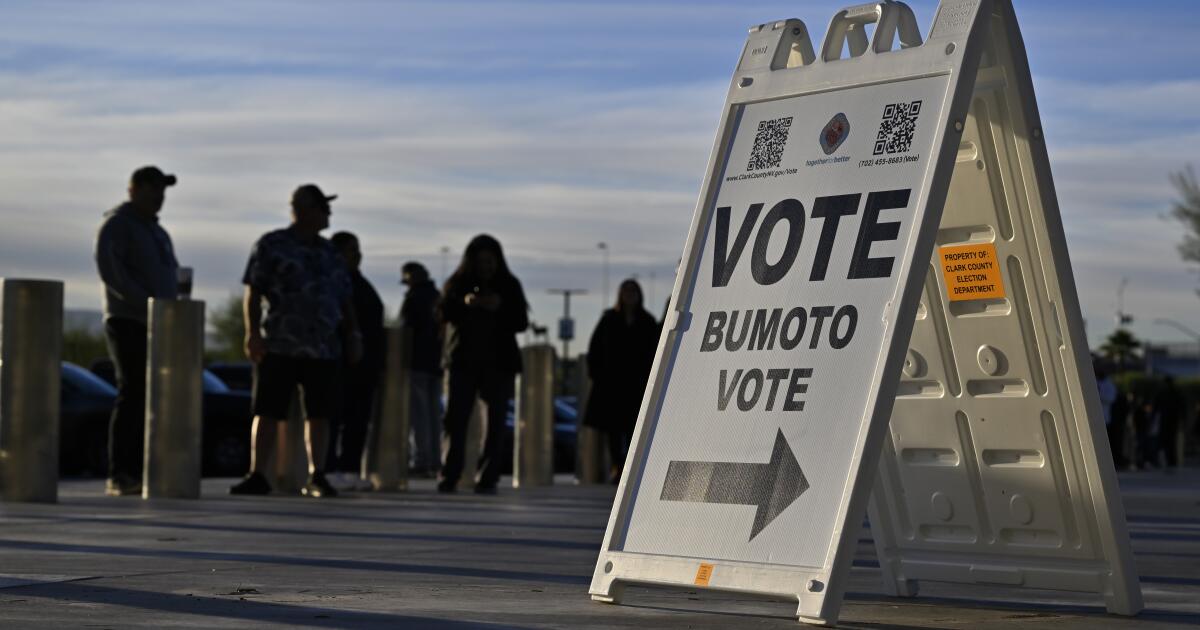The state of democracy in the United States is facing scrutiny as recent data reveals a troubling trend: a significant number of elections are occurring without any opposition. According to Ballotpedia, nearly 60% of the nearly 14,000 elections monitored across 30 states this week were uncontested. This includes positions where only one candidate stood for election or, in some cases, where no candidates emerged at all.
While attention has primarily focused on high-profile races, such as the mayoral victory of Zohran Mamdani in New York City, more than 1,000 individuals were elected to mayoral positions across the country without facing an opponent. Only about 700 mayoral races documented by Ballotpedia presented voters with a choice. The lack of competition extends beyond mayoral elections; over 50% of city council victories and nearly 80% of local judgeships were also uncontested.
The trend of uncontested elections points to a broader issue of civic engagement. Since Ballotpedia began tracking this data in 2018, the proportion of uncontested elections has risen from 65% to an alarming average of 75% over the past two years. Doug Kronaizl, a managing editor at Ballotpedia, highlighted that many Americans are increasingly focused on national politics, which often overshadows local elections that directly influence daily life. “The vast majority of the pyramid — that huge base — is all of these local elections that are always happening and end up being for the most part uncontested,” Kronaizl explained.
The situation is particularly pronounced in states such as Iowa, which recorded 1,753 races with one or zero candidates, and Ohio, with more than 2,500. In instances where elections are uncontested, ballots may not even be printed, effectively cancelling the democratic process.
The decline in political opposition raises significant questions about the health of democracy. Civic engagement has historically been the foundation of democratic governance, yet recent statistics indicate that one-third of eligible voters chose not to participate in the last election held in November 2022.
Former mayor of Tempe, Arizona, Neil Giuliano, has witnessed these changes firsthand. He noted that prospective candidates often feel discouraged due to the perceived insignificance of certain positions or the overwhelming nature of political discourse. “People need to remember the three M’s: money, math, and message,” he stated, emphasizing that without proper funding and data to reach voters, political efforts may feel futile.
Giuliano, who has opted to mentor candidates rather than run for office himself, attributes the rise in uncontested elections to a growing sense of disenchantment among potential candidates. Many individuals feel that the risks associated with running outweigh the potential rewards, particularly given the current climate of political hostility.
Amanda Litman, co-founder and president of Run for Something, echoed Giuliano’s sentiments. Her organization, which supports young progressives in running for local and state offices, has seen a surge in interest since the election of former President Donald Trump. Litman noted that more than 200,000 inquiries have been received from individuals interested in running for office, suggesting a flicker of hope amid growing disillusionment.
The phrase “these are the times that try men’s souls,” attributed to Thomas Paine, resonates today as civic engagement faces unprecedented challenges. Paine’s words, written during the Revolutionary War, inspired soldiers when morale was low. In contemporary society, the challenge is not external tyranny but internal disengagement from the democratic process.
Political opposition is essential for a healthy democracy. It fosters accountability and encourages dialogue, allowing elected officials to engage with constituents. Local elections are especially crucial, as they provide opportunities for voters to influence their communities directly. Without competitive races, the democratic process risks becoming a mere formality, devoid of genuine choice and accountability.
Former Los Angeles Mayor Antonio Villaraigosa emphasized the need for civic participation, stating, “Democracy is a living, breathing thing.” He advocates for community involvement and a commitment to understanding local issues. Villaraigosa’s perspective underscores the importance of restoring political opposition at all levels, particularly in local elections where the impact is most immediate.
As the United States grapples with an alarming number of uncontested elections, it is essential to recognize that a vibrant democracy relies on the active participation of its citizens. Voters deserve choices that reflect their values and concerns. Without political opposition, the essence of democracy is at risk, and the foundation of governance needs urgent attention and repair.
